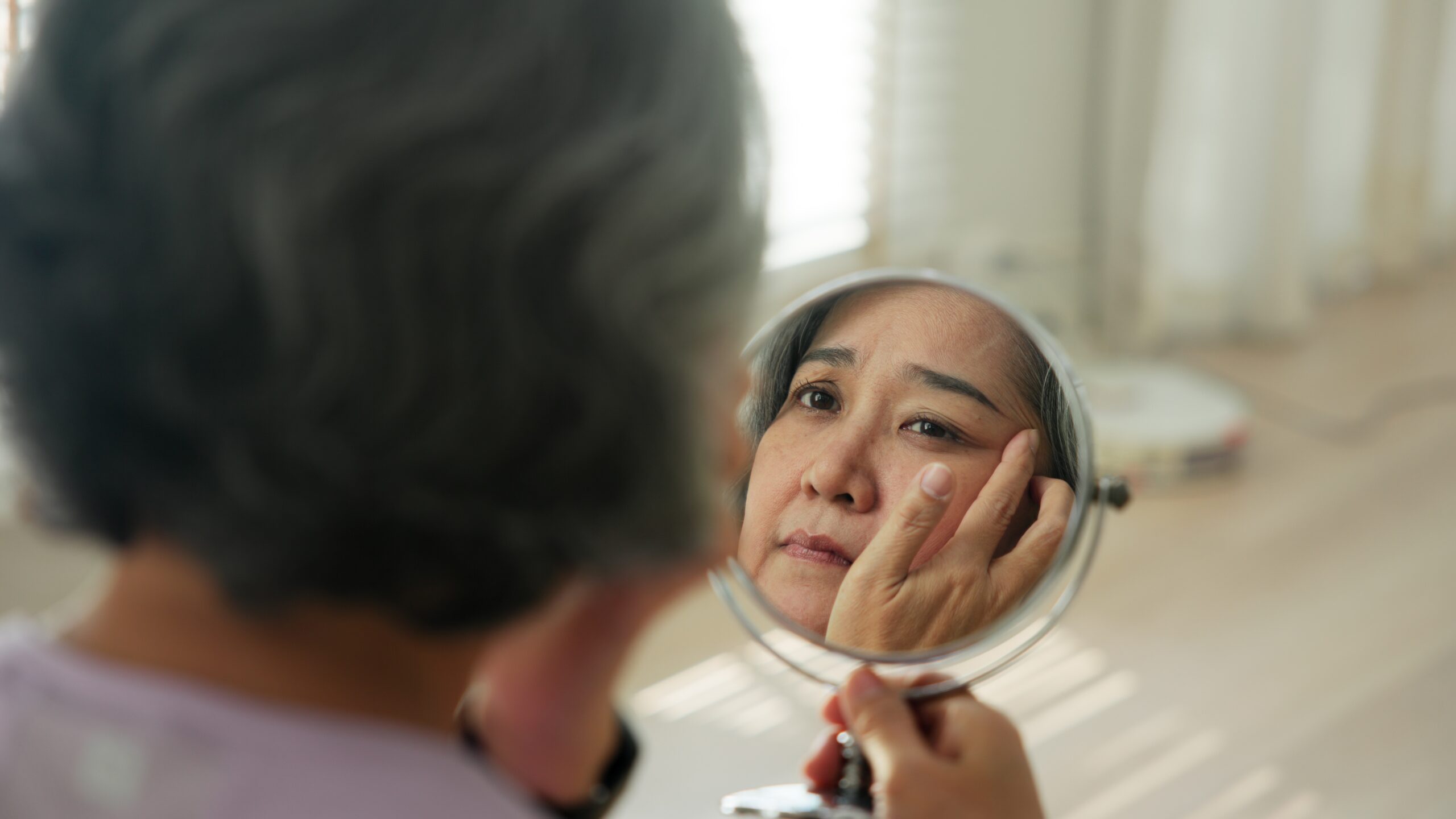Colorectal cancer, once considered a disease of age, is now surging through a generation that never expected to face it before retirement—leaving doctors and families scrambling for answers as young adults confront a threat their parents rarely saw coming.
Story Snapshot
- Colorectal cancer rates among Americans under 50 are rising at an unprecedented pace
- About 10% of new cases now occur in people younger than 50
- Experts suspect diet, environment, and lifestyle shifts are driving the trend
- Early detection and awareness are vital as symptoms in young adults often go unrecognized
Colorectal Cancer is No Longer Just for the Old
In the United States, the longstanding rule that colorectal cancer afflicts mostly the elderly has been upended. National statistics reveal that about 10% of all colorectal cancer cases now strike people under 50, with annual increases of one to two percent. This reversal has forced a reckoning: the disease’s image as a slow-moving threat of old age no longer matches reality. Instead, younger adults are increasingly diagnosed at more advanced stages, often after months of misattributed symptoms such as fatigue, abdominal pain, or rectal bleeding—symptoms many chalk up to hemorrhoids, stress, or diet.
The medical community’s initial disbelief has given way to urgent research and new guidelines. Major health organizations now recommend beginning routine colorectal cancer screenings at age 45, down from the previous standard of 50. This adjustment reflects the grim fact: young adults are not immune, and waiting for “the right age” can be fatal. The underlying causes of this rise remain under investigation, but the numbers are clear—youth is no longer a shield.
Diving Into the Causes: What Changed for Younger Generations?
Diet, environment, and lifestyle have shifted dramatically over the past few decades, and these changes appear to be part of the answer. Processed foods, high red meat consumption, and sedentary habits are all under scrutiny. Researchers point to the modern Western diet—rich in sugars, fats, and additives—as a potential disruptor of gut microbiota, which may increase inflammation and cancer risk. Environmental toxins, antibiotics in childhood, and even widespread use of certain medications are also being examined for their roles in altering the biological landscape of the gut, possibly triggering malignancy years later.
Family history still matters, but it is no longer the only story. Many new patients have no known genetic predisposition, suggesting that broader societal factors are at play. This shift challenges doctors to look beyond traditional risk factors and investigate how modern living itself might be fueling this disturbing trend.
Delayed Diagnosis: Young Adults Face Unique Hurdles
Younger colorectal cancer patients often experience delays in diagnosis—sometimes for months or even years. Many doctors and patients alike dismiss initial symptoms as minor or unrelated to cancer, which allows tumors to grow unchecked. Insurance coverage for early screening varies, and some providers hesitate to order colonoscopies for younger adults, citing low statistical risk. As a result, young patients are more likely to be diagnosed at advanced stages, where treatment is more invasive and survival rates drop.
Awareness campaigns are slowly shifting the landscape. More young survivors are speaking out, sharing stories that highlight the importance of advocating for oneself in the doctor’s office. This shift in public messaging is gradually encouraging earlier conversations about symptoms and risks, but progress is uneven. The challenge is to break longstanding assumptions—among both patients and clinicians—that colorectal cancer is a “disease for later in life.”
What Next? Prevention, Policy, and the Push for Research
Preventing colorectal cancer in young adults will require more than just lowering the recommended age for screening. Policymakers and researchers are calling for aggressive investment in understanding the environmental and lifestyle factors unique to millennials and Generation Z. Public health campaigns are beginning to focus on healthy diets, regular physical activity, and early recognition of warning signs, such as unexplained weight loss, persistent abdominal discomfort, and changes in bowel habits.
Screening access must expand to include all adults at risk, regardless of age or insurance status. Ongoing studies are also exploring whether new biomarkers, less invasive tests, or targeted therapies can improve early detection and outcomes for younger patients. Until answers emerge, vigilance remains the best defense—because as the new face of colorectal cancer becomes younger, the old rules no longer apply.
Sources:














